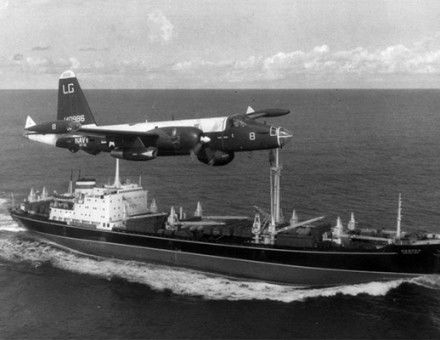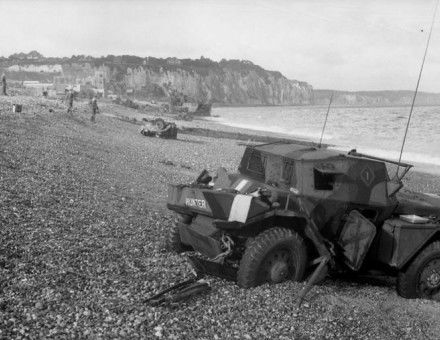Military
War and Remembrance
Display at the National Museum of American History in memory of veterans of the Vietnam War
The Military Revolution in Early Europe
Did the nature of war change states and societies in Europe between 1500 and 1750 or vice versa? David Parrott looks at the state of play in one of history's most celebrated recent revaluations.
Hitler and the Rhineland, 1936 - A Decisive Turning-Point
Hitler's march into the demilitarised Rhineland heralded Churchill's 'gathering storm' – but could the Fuhrer's bluff have been called and the Second World War prevented? Sir Nicholas Hederson, who as Britain's ambassador in Washington during the Falklands crisis saw diplomatic poker eventually turn to war, offers a reassessment of the events of 1936.
The Cuban Missile Crisis - 30 years on
Brian Dooley assesses the incident which brought the world perilously close to nuclear war.
The Dieppe Raid: Triumph out of Disaster
The 1942 Allied raid on Nazi-occupied France and its lessons for D-Day.
German Cartoons of the First World War
Pictures worth a thousand words - William Coupe traces, via cartoons, the changes in attitudes and public opinion in the Kaiser's Germany towards the First World War.
'The White Man's Burden'? Imperial Wars in the 1890s
Lawrence James looks at the melange of racial theory, economic interest and Boys' Own 'derring-do' that fuelled European ambitions for a 'place in the sun'.
Propaganda in the Wars of the Roses
Colin Richmond analyses the part played by the written (and spoken) word in shoring up popular allegiances to the rival dynasties
Britain and the European Army
As discussion grows about defence post Cold War, Martin Dedman and Clive Fleay look at an abortive 1950s plan for a 'European Army'.




